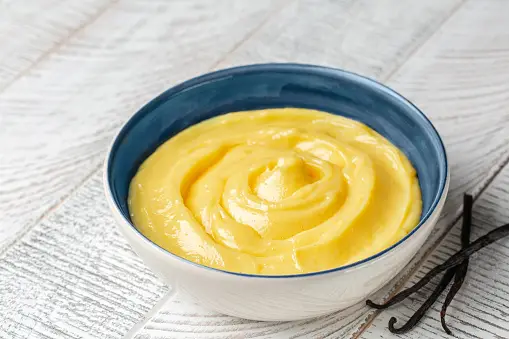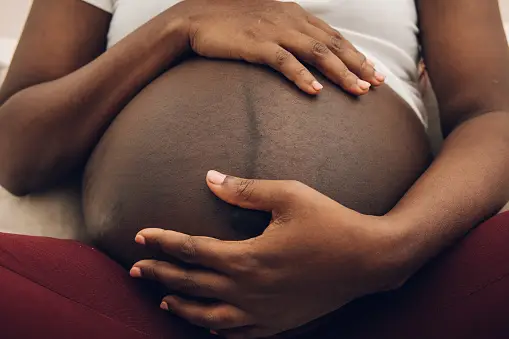Toddlers make at least a bowel movement once a day. Usually, a child with a bowel movement fewer than three times a week and whose stools are large, hard, dry, painful and difficult to pass is constipated.
Constipation is normal occasionally, but if it lasts for two weeks or more, it’s called chronic constipation, and you should see your paediatrician.
Signs to know your toddler is constipated
- Prolonged stomach ache
- Bloating
- Nausea
- Loss of appetite
- General crankiness
- Crying or screaming during bowel movements
- Avoiding the toilet
- Smears or bits of liquid stool in the diaper or underwear
- Large-diameter stools that may obstruct the toilet
- Pain while having a bowel movement
- Abdominal pain
- Blood on the surface of a hard stool
Why is my child getting constipated?
- Drinking too much milk
- Eating too many other low-fibre foods
- Toilet anxiety
- Dehydration
- Eating dried foods and snacks
- Lack of activity
Can I use akamu (pap) to relieve constipation in my child?
Yes, akamu (pap) is a high-fibre meal. It promotes bowel movements. Akamu also has high water content, helping to break down the bulk of trapped faecal material in the large intestines. When preparing pap for a constipated child, ensure it's watery for easy consumption and digestion. Follow with warm water.
When can I see a doctor?
Constipation in children usually isn’t serious. However, chronic constipation may lead to complications or signal an underlying condition. Take your child to a doctor if constipation lasts longer than two weeks or is accompanied by:
- Fever
- Vomiting
- Blood in the stool
- Abdominal swelling
- Weight loss
- Painful tears in the skin around the anus (anal fissures)
- Intestinal protrusion out of the anus (rectal prolapse)
Preventing constipation is a task in children because they lay their hands on every attractive meal and snack. You can prevent constipation in your child by including a high-fibre meal in their diet. Ensure they’re always hydrated at all times.










Comments